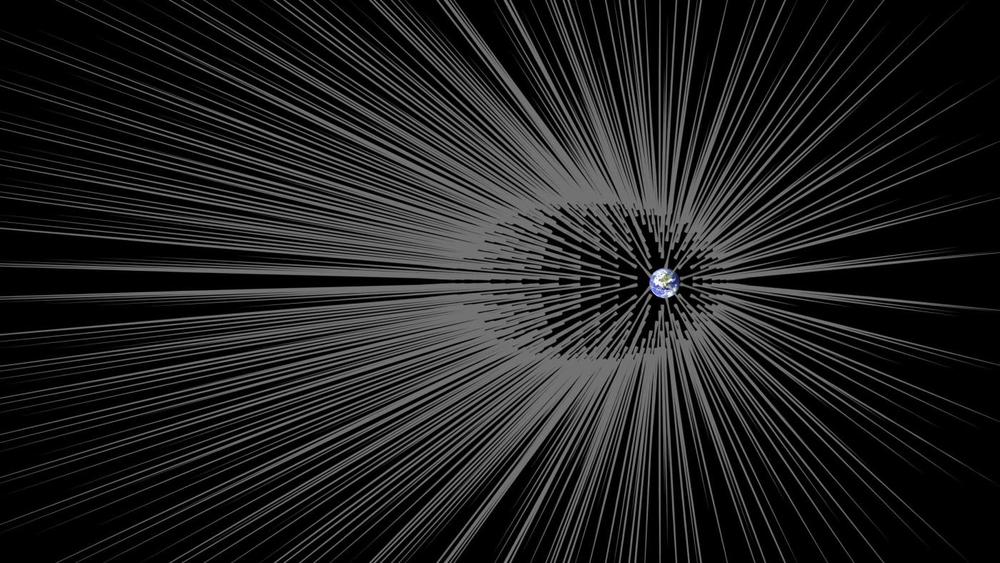The biggest problem caused by panpsychism is known as the “combination problem”: Precisely how do small particles of consciousness collectively form more complex consciousness? Consciousness may exist in all particles, but that doesn’t answer the question of how these tiny fragments of physical consciousness come together to create the more complex experience of human consciousness.
Any theory that attempts to answer that question, would effectively determine which complex systems—from inanimate objects to plants to ants—count as conscious.
An alternative panpsychist perspective holds that, rather than individual particles holding consciousness and coming together, the universe as a whole is conscious. This, says Goff, isn’t the same as believing the universe is a unified divine being; it’s more like seeing it as a “cosmic mess.” Nevertheless, it does reflect a perspective that the world is a top-down creation, where every individual thing is derived from the universe, rather than a bottom-up version where objects are built from the smallest particles. Goff believes quantum entanglement—the finding that certain particles behave as a single unified system even when they’re separated by such immense distances there can’t be a causal signal between them—suggests the universe functions as a fundamental whole rather than a collection of discrete parts.
